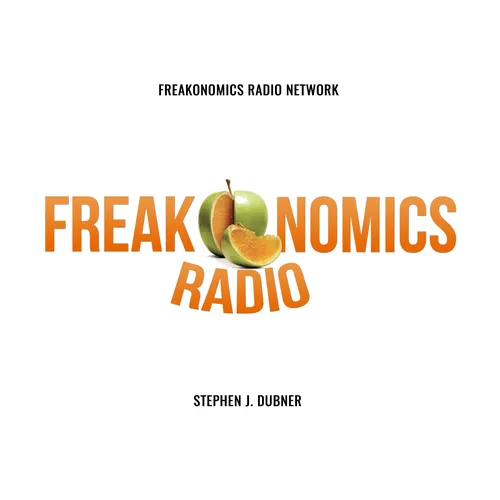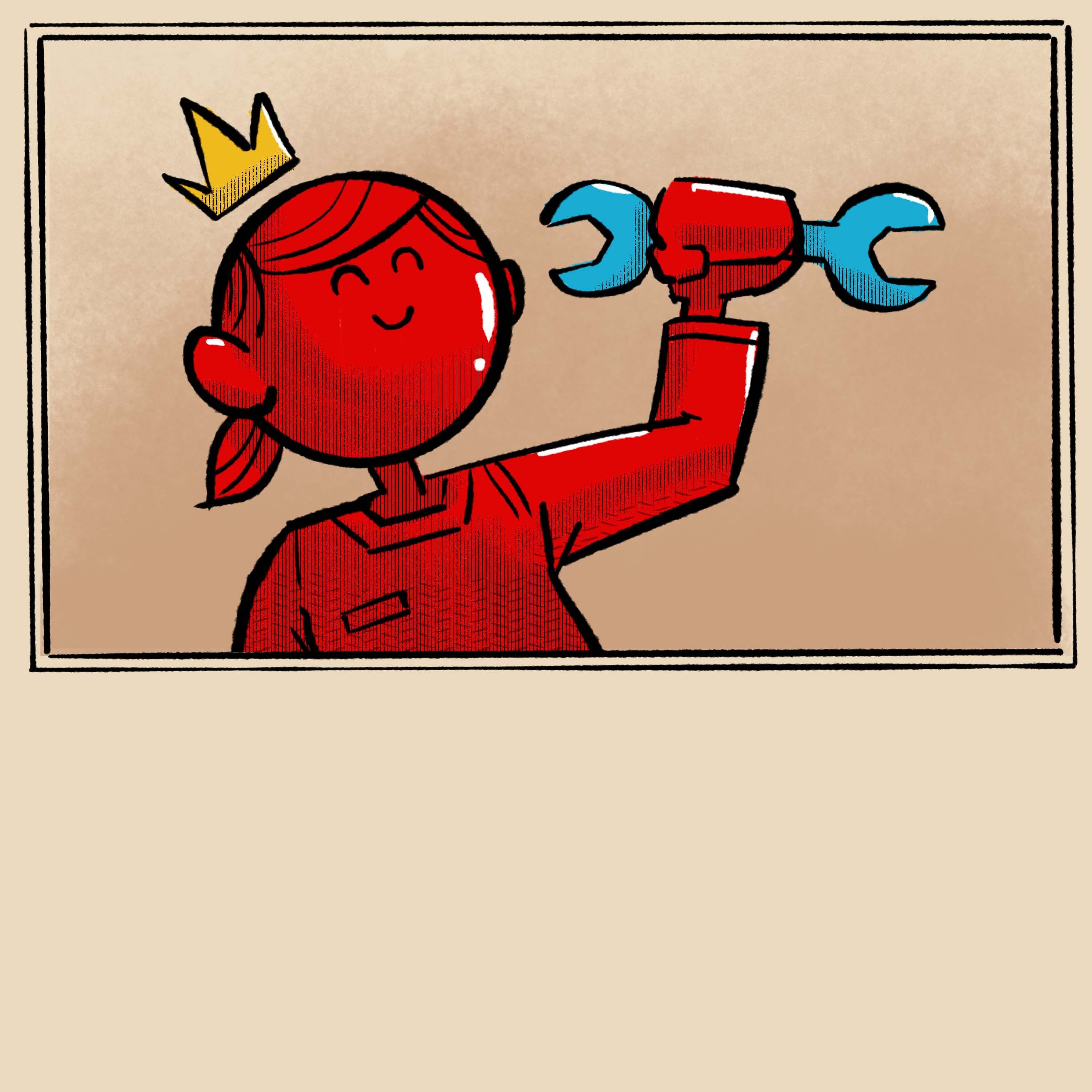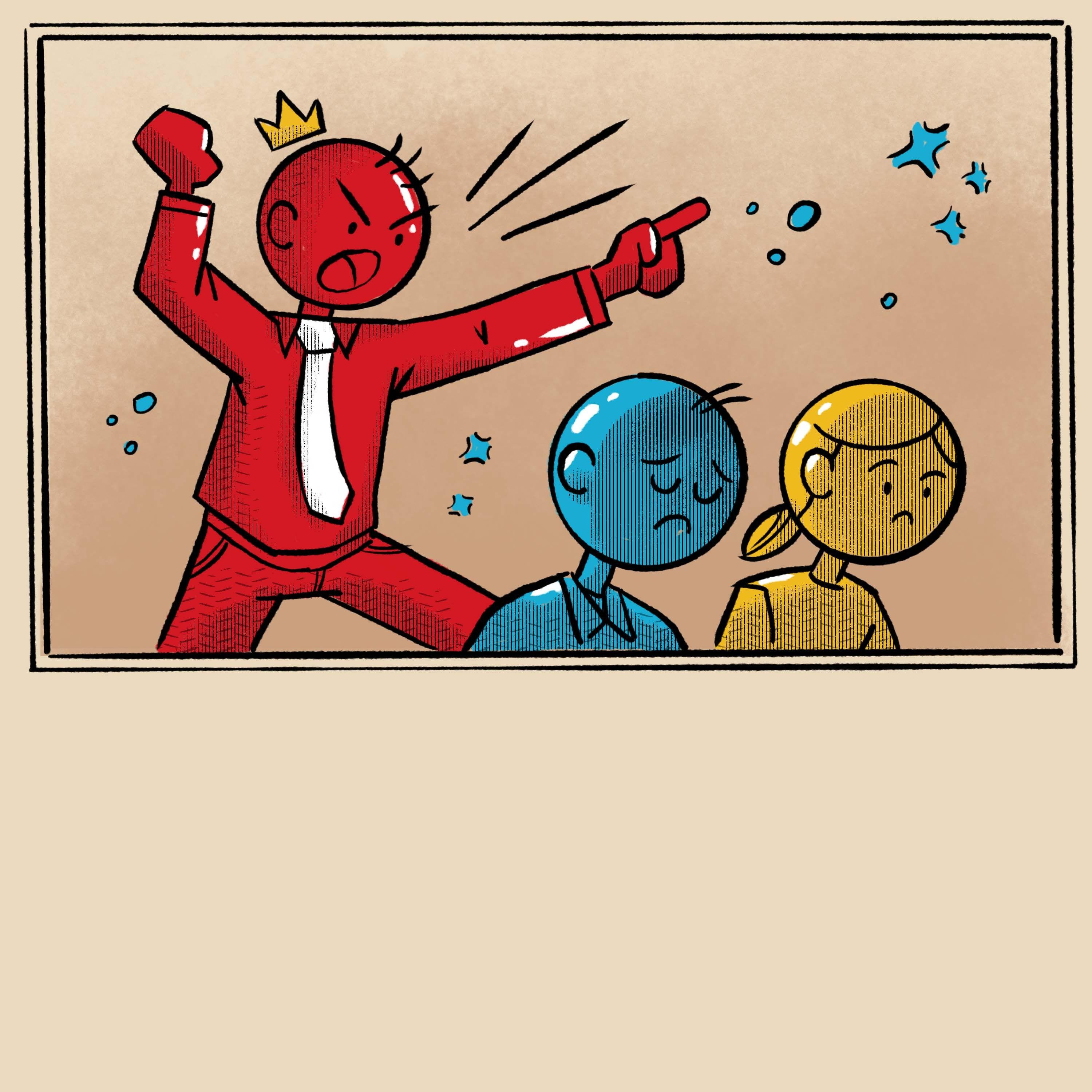
Freakonomics Radio
Freakonomics co-author Stephen J. Dubner uncovers the hidden side of everything. Why is it safer to fly in an airplane than drive a car? How do we decide whom to marry? Why is the media so full of bad news? Also: things you never knew you wanted to know about wolves, bananas, pollution, search engines, and the quirks of human behavior.
To get every show in the Freakonomics Radio Network without ads and a monthly bonus episode of Freakonomics Radio, start a free trial for SiriusXM Podcasts+ on Apple Podcasts or by visiting siriusxm.com/podcastsplus.
- Update frequency
- every 5 days
- Average duration
- 41 minutes
- Episodes
- 857
- Years Active
- 2010 - 2025

503. What Is the Future of College — and Does It Have Room for Men?
Educators and economists tell us all the reasons college enrollment has been dropping, especially for men, and how to stop the bleeding. (Part 4 of “Freakonomics Radio Goes Back to School.”)

Abortion and Crime, Revisited (Ep. 384 Update)
As the Supreme Court considers overturning Roe v. Wade, we look back at Steve Levitt’s controversial research on an unintended consequence of the 1973 ruling.

502. “I Don’t Think the Country Is Turning Away From College.”
Enrollment is down for the first time in memory, and critics complain college is too expensive, too elitist, and too politicized. The economist Chris Paxson — who happens to be the president of Brown…

501. The University of Impossible-to-Get-Into
America’s top colleges are facing record demand. So why don’t they increase supply? (Part 2 of “Freakonomics Radio Goes Back to School.”)

500. What Exactly Is College For?
We think of them as intellectual enclaves and the surest route to a better life. But U.S. colleges also operate like firms, trying to differentiate their products to win market share and prestige poi…

Is the U.S. Really Less Corrupt Than China — and How About Russia? (Ep. 481 Update)
The political scientist Yuen Yuen Ang argues that different forms of government create different styles of corruption. The U.S. and China have more in common than we’d like to admit — but Russia is a…

499. Don't Worry, Be Tacky
The British art superstar Flora Yukhnovich, the Freakonomist Steve Levitt, and the upstart American Basketball Association were all unafraid to follow their joy — despite sneers from the Establishmen…

498. In the 1890s, the Best-Selling Car Was … Electric
After a huge false start, electric cars are finally about to flourish. We speak with a technology historian about this all-too-common story, and what it means for innovation everywhere.

497. Can the Big Bad Wolf Save Your Life?
Every year, there are more than a million collisions in the U.S. between drivers and deer. The result: hundreds of deaths, thousands of injuries, and billions in damages. Enter the wolf …

How to Change Your Mind (Ep. 379 Update)
There are a lot of barriers to changing your mind: ego, overconfidence, inertia — and cost. Politicians who flip-flop get mocked; family and friends who cross tribal borders are shunned. But shouldn’…

Do Unions Still Work?
Organized labor hasn’t had this much public support in 50 years, and yet the percentage of Americans in a union is near a record low. A.F.L-C.I.O. president Liz Shuler tries to explain this gap — and…

Why Are There So Many Bad Bosses?
People who are good at their jobs routinely get promoted into bigger jobs they’re bad at. We explain why firms keep producing incompetent managers — and why that’s unlikely to change.

494. Why Do Most Ideas Fail to Scale?
In a new book called The Voltage Effect, the economist John List — who has already revolutionized how his profession does research — is trying to start a scaling revolution. In this installment of th…

Why Does the Richest Country in the World Have So Many Poor Kids? (Ep. 475 Update)
Among O.E.C.D. nations, the U.S. has one of the highest rates of child poverty. Until recently, it looked as if Washington was about to change that. But then … Washington happened.

493. Why Does the Most Monotonous Job in the World Pay $1 Million?
Adam Smith famously argued that specialization is the key to prosperity. In the N.F.L., the long snapper is proof of that argument. Just in time for the Super Bowl, here’s everything there is to know…

Are You Ready for a Fresh Start? (Ep. 455 Replay)
Behavioral scientists have been exploring if — and when — a psychological reset can lead to lasting change. We survey evidence from the London Underground, Major League Baseball, and New Year’s resol…

492. How Did a Hayfield Become One of America’s Hottest Cities?
Frisco used to be just another sleepy bedroom community outside of Dallas. Now it’s got corporate headquarters, billions of investment dollars, and a bunch of Democrats in a place that used to be dee…

491. Why Is Everyone Moving to Dallas?
When Stephen Dubner learned that Dallas–Fort Worth will soon overtake Chicago as the third-biggest metro area in the U.S., he got on a plane to find out why. Despite getting stood up by the mayor, ne…

490. What Do Broken-Hearted Knitters, Urinating Goalkeepers, and the C.I.A. Have in Common?
Curses and other superstitions may have no basis in reality, but that doesn’t stop us from believing.

489. Is “Toxic Positivity” a Thing?
In this special episode of No Stupid Questions, Stephen Dubner and Angela Duckworth discuss the consequences of seeing every glass as at least half-full.